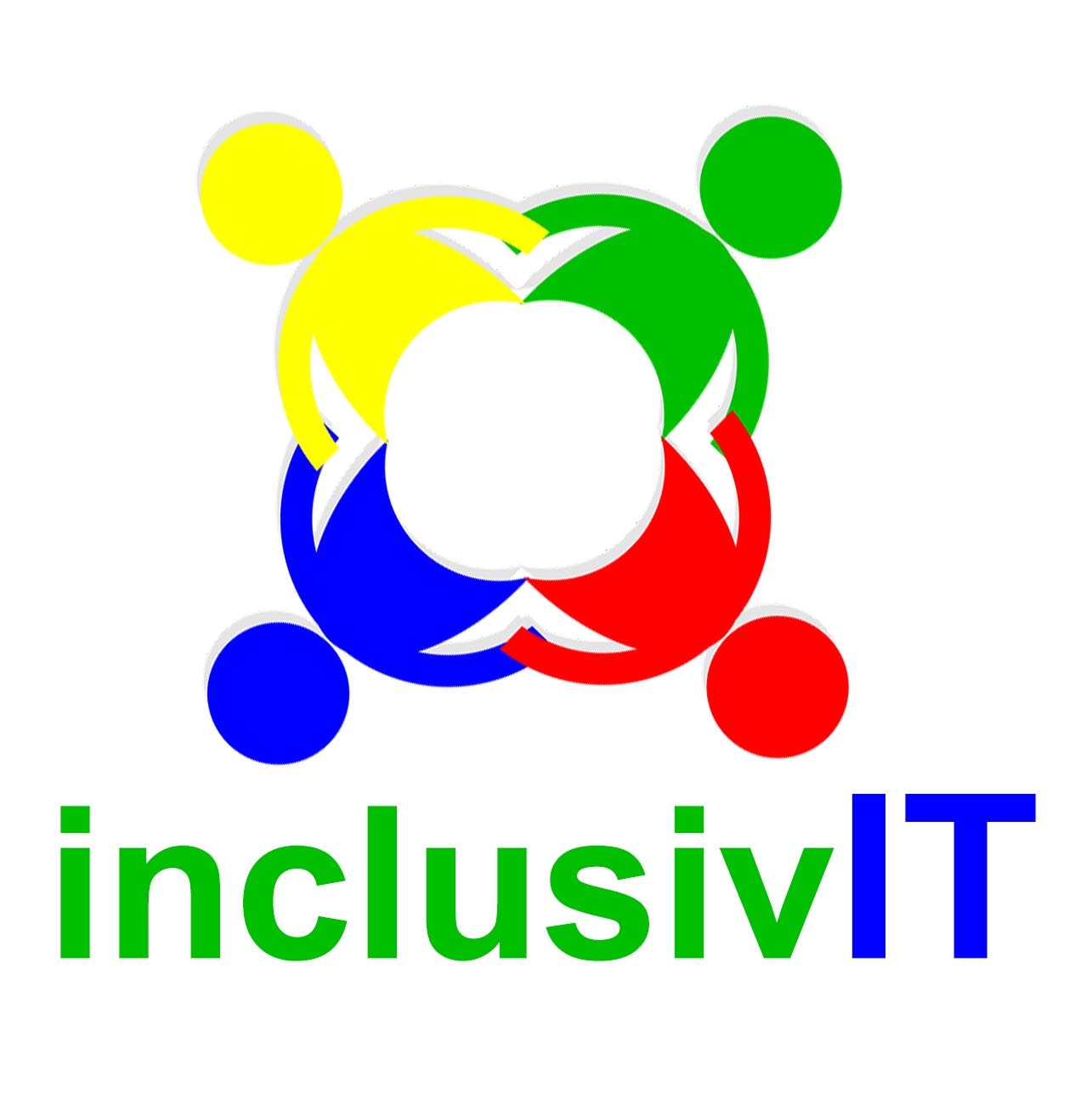Project Description
Our Aims
Our aims are to generate new and innovative ideas to educate the community to be more water efficient. Is there a better way to educate and engage our youth and community to understand how much water we use, how we use it, how we can save it?
We examine the lack of assistance to people with disabilities in Australia overall and in the Northern Territory. And attempt to address ways to educate young students (and the community) accordingly.
Our Projects
- Create an app (website) to show a map of risk of heat regions, also on the map points to the public fountains are placed for people, commuters and tourists to drink and refill their reusable bottles in the public areas, the fountains can save around 155,000 single-use plastic bottles in a year. Down below a screenshot of the video from World Economic Forum page
- Support the website with function to calculate how much the individual or families water usage and educate the community on how to use water wisely and effectively
Support our website with games for kids to educate them of the problem and what is the right way to use water at home, school, garden and in our daily lives.
Our Team
Our team, inclusivIT, is a bunch of web students past and present, their teachers and a couple of non-IT members thrown in for good measure. People of all ages and abilities – a cheerful bunch! We wanted our project to be something that would foster an inclusive community and enhance the use of public facilities for people living with a disability. Our inspiration came from one of our team members – her name is Irena and she is profoundly deaf. When we asked Irena to be part of the team, she must have been apprehensive. How to be part of a group that thrive in noise when you are locked in silence? And we were apprehensive too. We wanted her to feel welcomed but did not know quite how to engage with her in a genuine and congenial way. If it started out a bit awkward, we soon forgot about any difference. We used our mobile phones and Slack app to type messages back and forth, it was easy, we had a lot of laughs - although a person we should not name was a bit slow on the fingers’ work and chose to use the good old pen and paper to ‘talk’ to Irena. We won’t judge that person: we’re all for inclusion!
More evidence of work
[ultimogovhack.wordpress.com]
Summary & Recommendations:
This idea is really helpful not only for drought regions but for Australia at large. The concept of refilling water bottles thus reducing the creation of plastic waste due to the consumption of single-use plastic bottles is a huge step towards conservation of our waterways and oceans and limiting the ingestion of plastic matter by our wildlife and sealife.
Educating and training young minds to be responsible citizens and custodians of the planet will ensure our survival and a greener planet.


